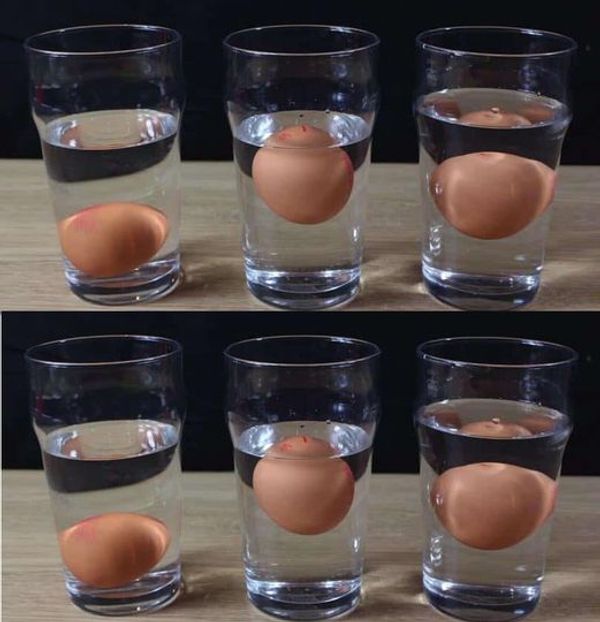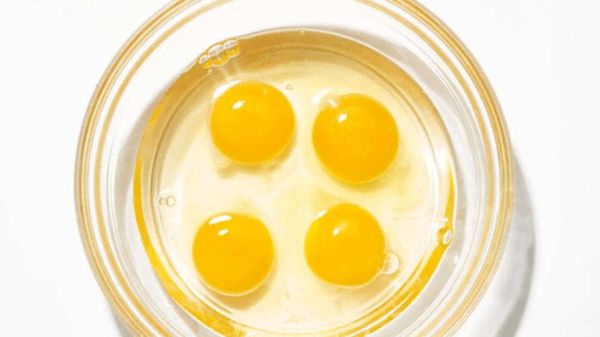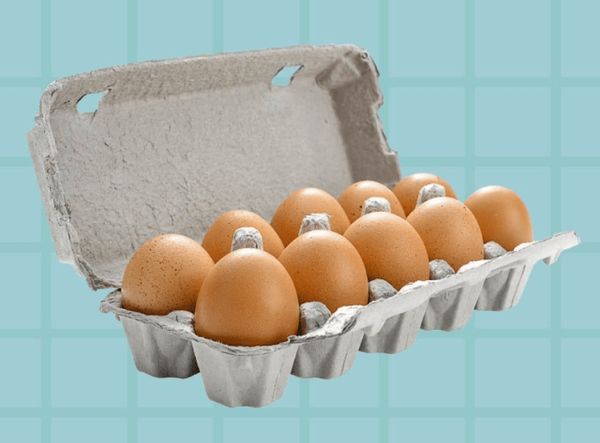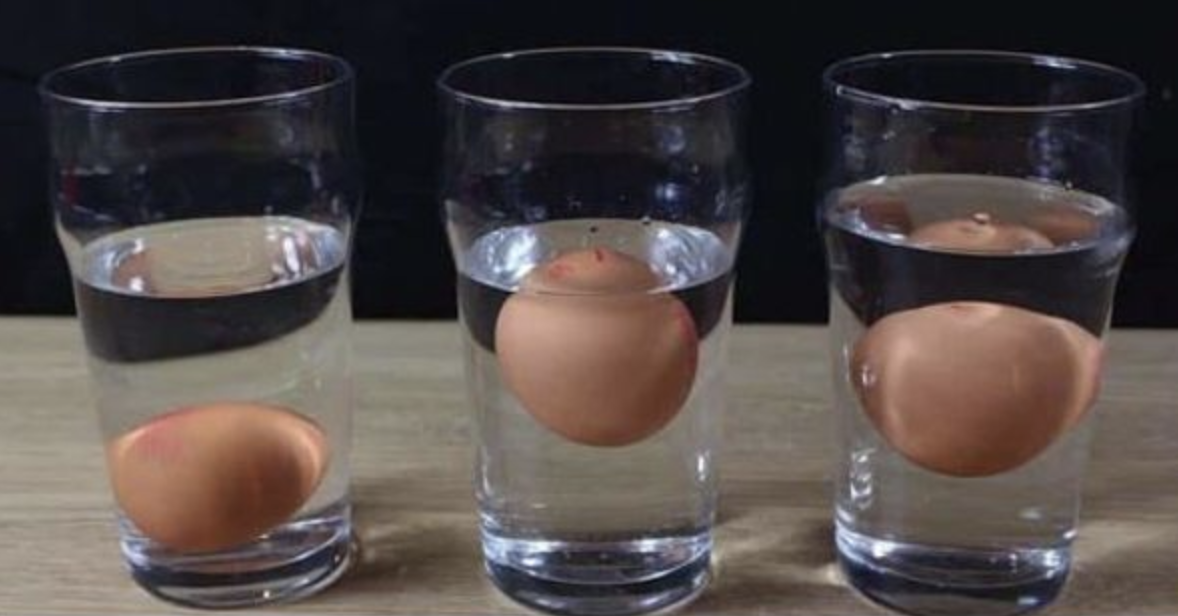Have you ever wondered if the eggs you’re about to use in a recipe are still fresh? It can be challenging to tell just by looking at the shell. But worry not! We have some easy tips to help you determine the freshness of eggs and prevent them from going bad. Let’s dive in!
Check Expiration Dates
When purchasing eggs from the supermarket, always look for the recommended use-by date on the packaging. Did you know that in France, regulations prohibit the sale of eggs 7 days before the minimum durability date (Ddm) stated on the package? If you buy eggs directly from a henhouse, keep in mind that their use-by date (Dlc) is a maximum of 28 days after the day they were laid. If the shells are not cracked or broken, eggs can be stored in the refrigerator for one month past the use-by date. Remember, proper storage helps maintain freshness, prevent mold, and fight against food waste.

Use Your Nose
Just like any other food product, eggs can develop a suspicious odor if they have expired. If you notice that an egg is past the expiration date, give it a quick sniff. Expired eggs often have an unpleasant smell and may have lost their vitamins and taste. If it smells normal, you can quickly consume the egg by preparing an omelette or any other dish.
Examine the Shell
Your eyes can also help you determine if an egg is expired or still edible. Take a close look at the shell to avoid any risks. If the shell appears powdery, viscous, cracked, or in questionable condition, it may indicate the presence of mold. Additionally, if you crack the egg into a bowl and notice any unusual discoloration, such as blue, pink, black, or green colors in the egg white or yolk, it may indicate bacterial growth that can cause food poisoning. Be cautious if the egg yolk or white is leaking, as this may indicate that the egg is aged but has not exceeded its usage limit.
The Water Test
Another technique to determine egg freshness is to perform the water test. Fill a saucepan or salad bowl with water and gently immerse the egg. If it sinks to the bottom and lies flat, it is still good for consumption. If it remains upright, it needs to be eaten quickly. And if it floats to the surface, it is expired. As eggs age, moisture evaporates through microscopic pores, causing the air pocket to expand. This is why older eggs tend to float. Keep in mind that if you plan to consume the eggs immediately, do not repeat this experiment, as it can remove the protective cuticle on the shell, making the egg more vulnerable to bacterial contamination.

The Mirage Technique
Candling is a technique used in the industry to assess egg quality or chick development. While it’s typically performed using specialized equipment, you can also do it at home. Find a cool place with minimal light and have a light source such as a candle or a small flashlight. Hold the light source towards the end of the egg and tilt and rotate it from left to right. This will allow you to see the contents of the egg. By examining the size of the air bubble, you can gauge the age of the egg. As the egg ages, water evaporates, and gases replace it, resulting in a larger air pocket.

Can Food Be Consumed After the Expiration Date?
Certain foods can still be consumed after the expiration date stated on the package, such as honey, salt, sugar, vinegar, cans, rice, pasta, cornstarch, flour, cereals, dried vegetables, mustard, ketchup, pickles, and spices. However, keep in mind that their taste may change over time. Dairy products like crème fraîche, cheese, milk, and yogurt can also be consumed within one to two weeks after the mentioned date if unopened and stored properly. For frozen products, as long as the cold chain has been maintained, they can be consumed even after the expiration date.
However, there are certain foods that should not be consumed after the expiration date. These include vacuum-packed raw meats, eggs, fish, cold meats, fresh fruit juices, and raw milk cheeses. These foods are more likely to harbor bacteria and can pose a health risk if consumed after their expiration date. Always trust the expiration dates mentioned on these products to protect your health and avoid potential food infections.
In conclusion, by following these simple tips, you can ensure that the eggs you consume are fresh and avoid any unpleasant surprises. Remember to check the expiration dates, use your sense of smell, examine the shell’s appearance, perform the water test, and even try the mirage technique. And always practice proper food safety and avoid consuming foods that may pose a health risk after the expiration date. Stay fresh and enjoy your delicious eggs!





